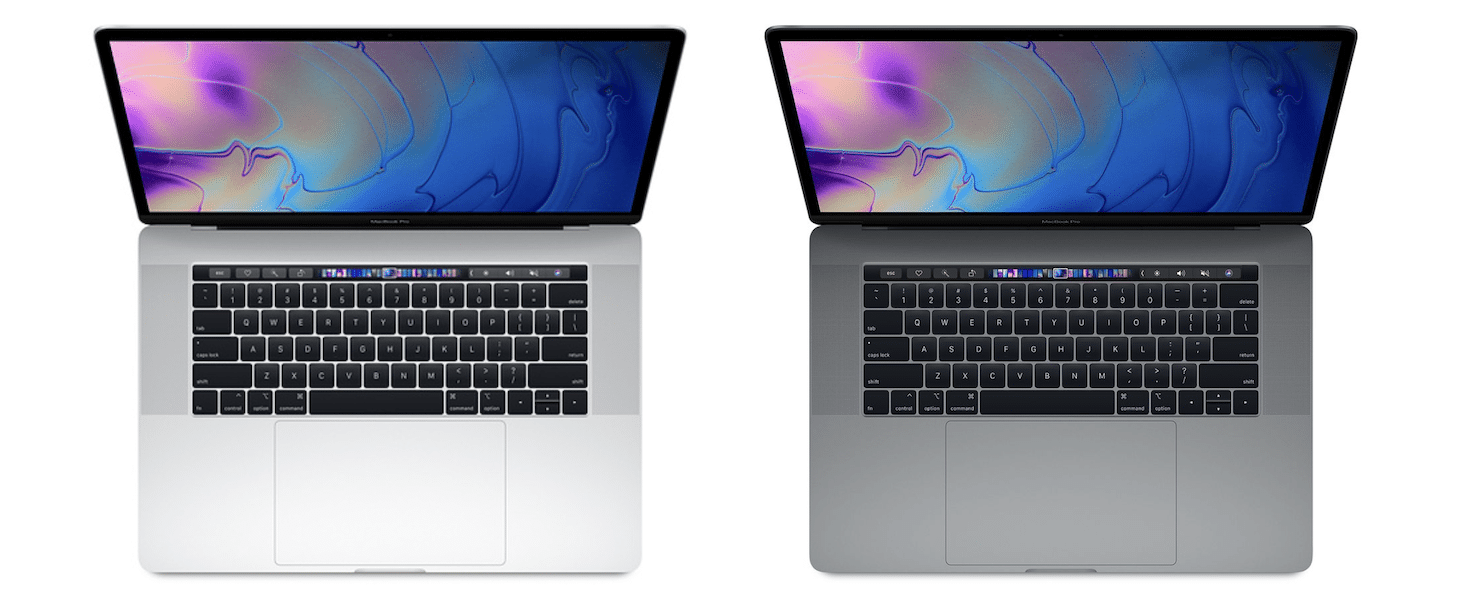A Ninth Circuit appeal court judge has dismissed a class-action lawsuit against Apple over the MacBook Pro stage light issues in the 2016-2018 models. The plaintiffs accused the tech company of deliberately concealing information about defective displays from the customers which was in a violation of the California Consumer Legal Remedies Act and Unfair Competition Law”.
For 13-inch and 15-inch MacBook Pro models released in 2016 – 2018, Apple replaced the thicker ribbon cables with thinner ribbon cables which connected that display to a display controller board beneath a Touch Bar. The change resulted in a two-part MacBook Pro stage light issue: uneven backlighting appeared on the bottom of the display and later the backlighting failed completely.
Although the company offered a free repair service program, it only covered repairs for 13-inch MacBook Pro models, not the 15-inch models. Thus, the owners’ experiencing the Macbook Pro stage light on their 15-inch model filed the lawsuit.

Appeal’s court judge ruled Apple was not bound to disclose the MacBook Pro stage light issue
Earlier a California court had approved in favor of the class action lawsuit to claim that Apple should have disclosed the Macbook Pro stage light flaw to the consumers under the California law.
The tech giant appealed that ruling to the Ninth Circuit Appeals court which has now ruled in favor of the tech giant.
Apple defeated an appeal to revive a would-be class action over allegedly defective MacBook Pro displays, after the Ninth Circuit said Thursday that the company had no duty to disclose the flaw.
The lawsuit alleged that MacBook Pro models released after 2016 were designed with cables that are too short and eventually fail with ordinary wear and tear. The plaintiffs claimed violations California’s Consumer Legal Remedies Act and Unfair Competition Law.
The lawsuit also alleged fraudulent concealment under a common law theory, and violations of deceptive trade statutes in Washington, Florida, New Jersey, Michigan, Alaska, Missouri, Massachusetts, and Texas.
via Patently Apple
Read More: